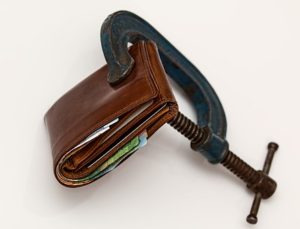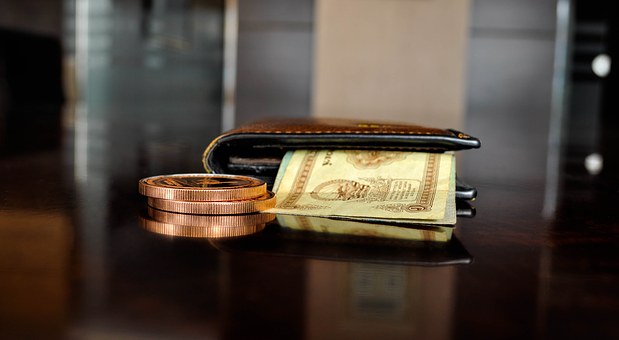To get involved in the blockchain and bitcoin you will need to create a bitcoin wallet, this is like a bank account for you to transact with. In this article I have described the various types of wallets, the challenges for each and how transactions work.

Cryptocurrencies like bitcoin are held in electronic wallets which are analogous to the physical wallets we have for carrying fiat currencies. The bitcoin wallet stores information like the secure private key used to access bitcoin address and carry out transactions. Bitcoin wallets keep a secret piece of data known as the private key which signs transactions providing a mathematical proof they came from the owner of the wallet.
The wallets operate like emails, where you have an email address which is the public key and the email password which is the private key. For a bitcoin wallet the public key is the wallet address which you can share publically while for the private key just like you’re the email password you have to keep it secret that’s why it’s called private key.
There are several types of crypto wallets which include; desktop, mobile, web and hardware wallets.
Desktop wallets are those you can download and install in your computer, for you to access your bitcoins you will need to have the computer running. It’s safe for storing your bitcoins if your computer is safe and enough security measures are put in place, the only worry that would cause an alarm is if you lose your computer or if it crashes and fails to operate.
Mobile wallets are mobile and not fixed to any point as for the desktop wallets, these are wallets that can be installed in your mobile devices and you can carry your bitcoins with your mobile as you move to your daily activities. They are flexible in making payments at Point of Sale at merchants that accept cryptocurrencies, you just scan a bar code at the POS and make payment for the goods and services you are purchasing. For mobile wallets your cryptocurrencies are only safe as your phone is safe from theft, but if your wallet is connected to the provider sever that only need to sync then it’s safer than a complete offline wallet.
Web based wallets are the wallets one can access via any web browser from a mobile device or desktops. These are the most wallets that most people use, they are also not completely safe since your private keys are online.
Hardware wallets are devices such as flash disks that can hold private keys electronically and facilitate payments. Hardware wallets keeps private keys private from vulnerable internet connected devices such as the desktop wallets and web based wallets. Hardware wallets are the safest since the private keys are not prone to huge risks of being tampered with, the hardware’s also need to be kept in a safe place under lock and key. You can buy Ledger Nano
[amazon_link asins=’B01J66NF46,B0752NK1FP,B077NKP8VD’ template=’ProductCarousel’ store=’cryptokibao-20′ marketplace=’US’ link_id=’d7dc59c9-223a-11e8-be06-5ffcbd9283fe’]
There are cases of people who have misplaced their hardware wallets mistakenly, James Howells a British misplaced a hard drive from his computer that he had been using to mine bitcoins in 2013, the hard drive had 7,500 bitcoins worth $975,000 at the time the device is said to have been lost, and today that would be around $86,505,750. The hard drive was mistakenly thrown in a bin as he was moving out to a new residence and it’s believed to be buried in a landfill site which he is considering digging to recover the lost hard drive.
To get a bitcoin wallet you can chose which one among the four. Most people have wallets on trading platforms such as Coinbase localbicon , Remitano and Paxful and exchange sites such as HitBtc and Binance. However it’s also important to have wallets in non-trading sites such as my ether wallet where transactions will generate a Had ID to track the transactions.

After creating a bitcoin wallet you need to ensure you have updated the security measures, never give out your wallet credentials especially the private key.
You have to enable 2Factor Authentication every time one want to log in or send bitcoins the google app authenticator generates codes to authenticate it’s you. You also have to also set of to receive email and SMS alerts for log in and transactions to keep track of your wallet.

To improve security of your bitcoins;
- Use a strong password for your account with a combination of both Uppercase, Lowercase, numbers and signs.
- Enable 2 Factor authentication with Good Authenticator or Paper codes
- Use a strong password for your email address
- Enable
After creating a wallet you will get you’re your wallet address which is like your bank account, you can send to your friends to receive bitcoins from them. The address is a string of codes which randomly change but will all be associated with your account.
More from my site

Blockchain and Cryptocurrency enthusiast.
Founder CryptoKibao












Comments